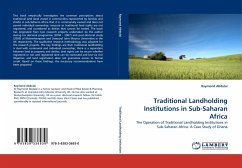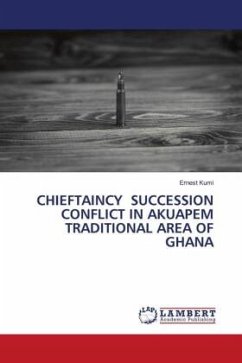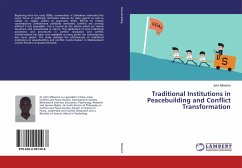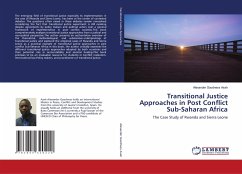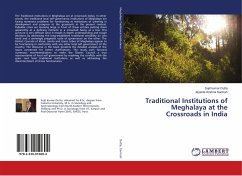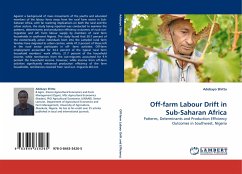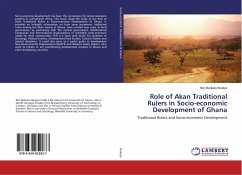This book empirically investigates the common perceptions about traditional land (land vested in communities represented by families and chiefs) in sub-Saharan Africa that it is: communally owned and does not permit individual ownership; insecure as traditional land rights are not registered; and considered as deities that cannot be traded. The book has originated from two research projects undertaken by the author during his doctoral programme (2004 - 2007) and post-doctoral study (2009) at Wolverhampton and Liverpool John Moores Universities in the UK respectively. The qualitative research methodology was adopted for the research projects. The key findings are that: traditional landholding is dual with communal and individual ownership; there is a separation between land as property and deities; land rights can be secure whether registered or not and registered land can be contested and lost via civil litigation; and land registration does not guarantee access to formal credit.Based on these findings, the necessary recommendations have been proposed.
Bitte wählen Sie Ihr Anliegen aus.
Rechnungen
Retourenschein anfordern
Bestellstatus
Storno

